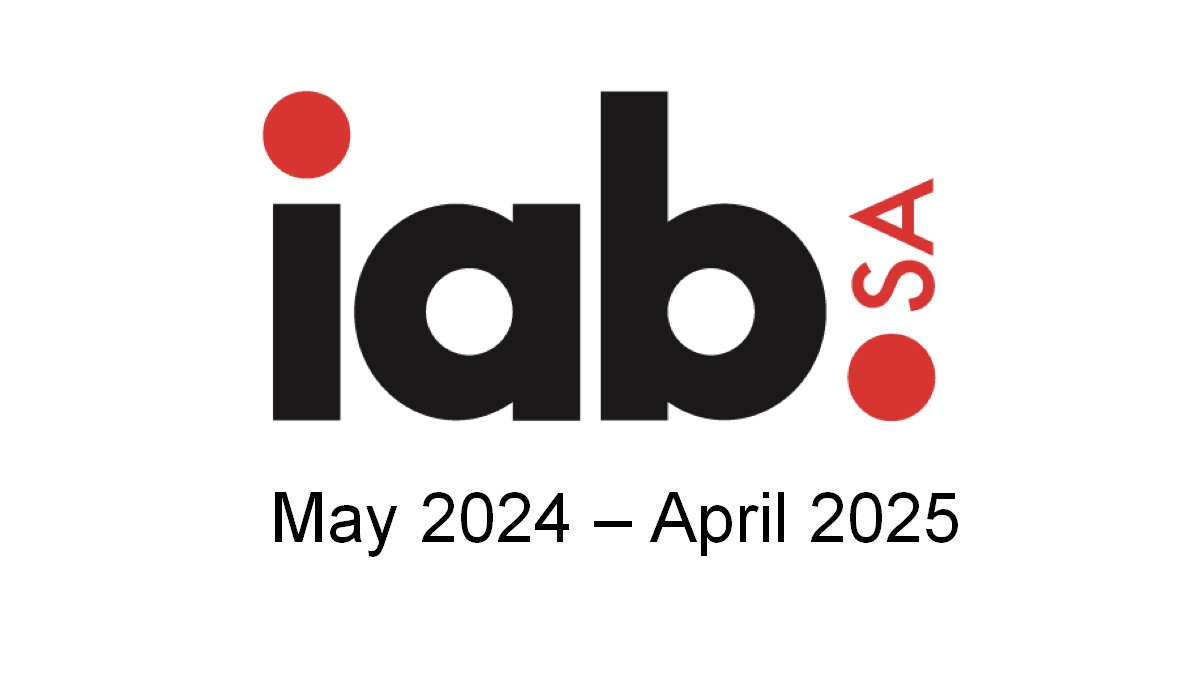Johannesburg – Driving one’s dream car and paying less (initially) for that car that turns heads might sound like a cool idea.
Financiers over the years have come with clever ways to entice one into putting pen to paper to buy that car that one cannot afford: residual payments – commonly known as balloon payments.
What is balloon payment?
Say you have found your dream car, but you cannot realistically afford it right now.
It costs, shall we say, around R600 000. So, you borrow R600 000 over five years from your bank and you elect to have a 30% (R180 000) balloon payment on your loan.
They put that R180 000 aside and let you pay the remaining R420 000 off.
Now, your monthly repayments are significantly lower than they would have been if you had no balloon payment.
Therefore, you can now afford that car you so desire. Except, at the end of your loan term, you still owe the bank R180 000, and now, it wants all of it at once.
So, you either need to pay that full amount, or roll the amount over into a new loan, or sell the car.
This basically means that you’ll probably be paying that car off for longer than you’d even care to drive it.
It is always advisable for consumers to be aware of the balloon amount added to their credit agreement as they will be responsible for the lumpsum payment at the end of the original finance term.
Before putting pen to paper, ask yourself these difficult questions:
• What will you do if you are unable to refinance your car loan?
• Will you be able to save up money to pay off the balloon payment when it is due? Failing to do so can affect your credit score.
• Will the car’s value hold or will it dramatically depreciate?
• How would you feel if you owe more than what your car is worth?
Pros:
• Low or no initial payments.
• Enables borrowers to access affordable short-term capital.
• Can help cover financing gaps.
Cons:
• Costs of loan can be higher in the long term.
• There’s no guarantee that you will be granted a refinance to switch the debt obligation.
• Poses more risk than traditional loans due to payment schedule.
Follow @SundayWorldZA on Twitter and @sundayworldza on Instagram, or like our Facebook Page, Sunday World, by clicking here for the latest breaking news in South Africa. To Subscribe to Sunday World, click here.




